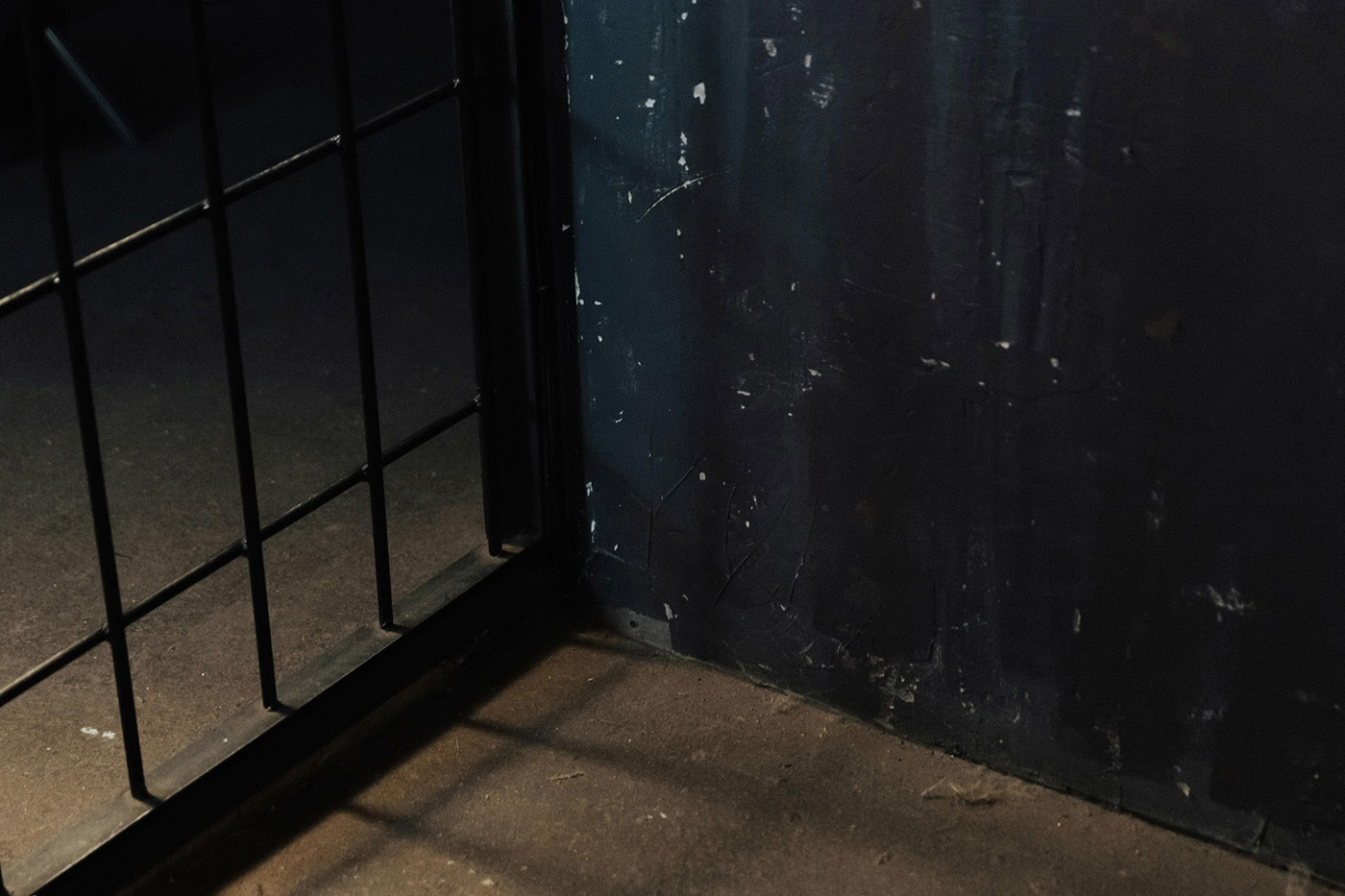By Soraya Ferdman
First Amendment Coalition (FAC), an advocacy group based in California, is asking a state court to reject a motion to bar the public from accessing a high-profile criminal court case.
Armando Cruz, 24, is facing a possible death sentence for the kidnapping, rape, and murder of Patricia Alatorre, 13. Like many criminal cases, Cruz’s drew local and national media attention over its lurid details. At least 13 news outlets have reported on the matter, including NBC Los Angeles, CourtTV, People, ABC 7, Yahoo!, and Univision.
In a motion filed on August 5th, the defense argued that the pretrial publicity was likely to compromise Cruz’s fair-trial rights. “[T]he danger that misinformation and/or inadmissible or prejudicial information is publicized repeatedly is an unnecessary risk at this point,” the defense wrote. Citing the Covid-19 pandemic, the defense added “the courtrooms do not allow for social distancing and expose defense counsel, court personnel, prosecutors, witnesses and judges to Covid 19.” The defense also asked the court for a gag order prohibiting all parties from discussing aspects of the case with the public.
The judge agreed to the gag order in a hearing on September 2nd, but postponed the question about public access to the pretrial hearings. This gave FAC enough time to insist on an open trial. In an opposition letter filed in the Superior Court for the State of California in and for the County of Kern on September 25th, FAC cited a recent California Supreme Court ruling that held that even an “unusual amount of pretrial publicity” does not necessarily threaten a defendant’s fair-trial rights.
Meaningful public access to court proceedings is ensured by federal and California law. And while a court may limit that access to protect other interests, such as the right to a fair trial or the privacy of a witness, the court must first show that there is a “substantial probability” that public access compromises those higher interests. In their letter, FAC wrote that the defense counsel “comes nowhere near clearing this hurdle,” and, instead, relies on “vaguely” chronicling the media attention the case has received. Nor were the public health arguments justified, FAC wrote, seeing as that the court could simply audio or video stream the pretrial hearings.
“The notion that publicity is inherently prejudicial, and thus justifies closing, is contrary to well-established precedent,” the letter said.
Pretrial hearings are a crucial step in criminal cases, and are sometimes the closest the public gets to accessing the trial itself. It’s at this point when the state lays out its evidence as to why it can win a case against a defendant. More often than not, a defendant will try to work out a plea deal instead of going through a full trial.
In a phone call with First Amendment Watch, FAC’s Executive Director David Snyder said he understood the defense’s concern about jury bias, but said that blanket closure was not the answer.
“I don’t want to minimize the defendant’s Sixth Amendment right to a fair trial. However, there are many ways of protecting that right short of closing off the proceedings to the public,” Snyder said.
KGET.com Defense Motion Opposition Brief
Tags




